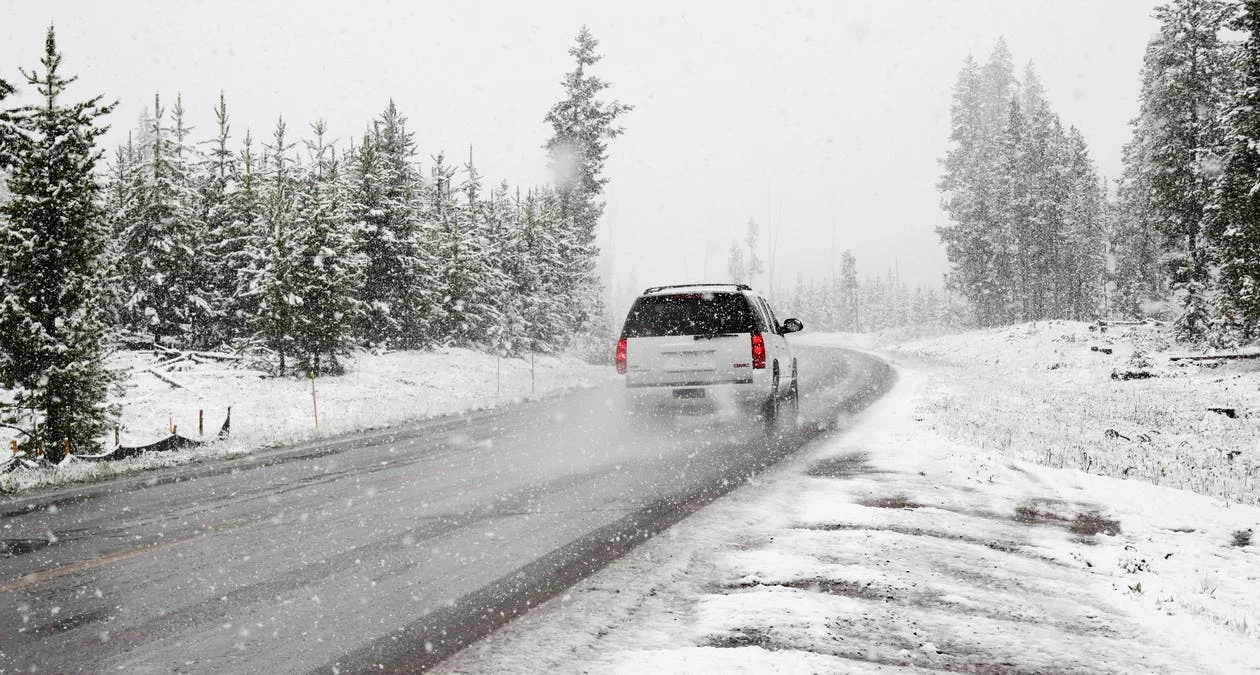The Michigan Law Firm, PLLC blog recently informed blog readers of an incident that happened last winter when a Roseville, Michigan man left his car running in his driveway with the keys still in the ignition. Nick Taylor Trupiano, 24, was given a $128 ticket that he felt was unfair. He conveyed his upset by posting a picture of the citation and a verbal rant on his Facebook page, on which the Roseville police received unkind remarks. The post led to many other Michigan residents to being concerned on how they could warm up their vehicles in the winter without being charged for endangering the public.
Following this incident, Republican Rep. Holly Hughes introduced Bill 4215 that would allow citizens to leave their keys in the ignition while the car is running on private property - at their own risk. The bill passed in the House and Governor Rick Snyder just officially signed it into law on June 28, 2017. It should be noted however that the bill does not allow for citizens to leave their cars unattended and idle while on the freeway, but only on their private property.
Another piece of legislature that Snyder approved was for drivers to show proof of their vehicle’s registration by phone or another electronic form along with their auto insurance when asked by a police officer. This measure will help those who like the convenience of having their documents on their phone or simply want to be green, by using less paper.
Now with the bill signed into law, many Michigan residents can rest easy when warming up their cars during the colder weather months. While this news may cause citizens of Michigan to rejoice, they should remember that a car that is left running for more than 10 minutes is essentially wasting gas, while polluting the environment, and causing damage to their car's engine. In fact, most people who live in cold areas don't even realize that warming up their car by letting it idle isn't even practical. Global News was informed by Car Help consultant, Mohamed Bouchama, that, “the car warms up much faster when it’s driving than when it’s idling...As long as your windows and mirrors are clear of snow and frost, you’re good to go." In other words, Michiganders should just take the time to start the car, clear the windows, and then drive, this winter.
Bill 4215 has saved many motorists from being fined for something most believed was perfectly legal. However, motorists should still be careful of leaving their keys in the car where any person passing by could potentially steal the vehicle. If you or a loved one have been injured in an auto accident, call The Michigan Law Firm, PLLC at 844.4MI.FIRM for a free consultation.



